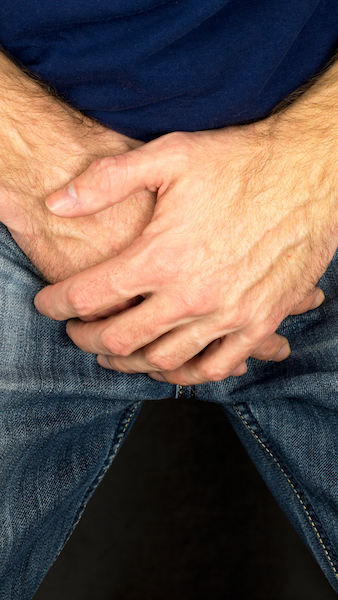ERECTILE DYSFUNCTION(ED)

Erectile Dysfunction
Erectile dysfunction (ED) is a common condition with various effective treatment options available. The choice of treatment depends on the underlying cause and individual preferences. For many men, lifestyle changes such as adopting a healthier diet, regular exercise, and quitting smoking can significantly improve ED. Psychological counseling or therapy may be beneficial for those whose ED has psychological roots, such as stress or performance anxiety. Medications like Viagra (sildenafil), Cialis (tadalafil), and Levitra (vardenafil) are often prescribed and can enhance blood flow to the penis, facilitating erections. In cases where medications are ineffective or contraindicated, vacuum erection devices, penile implants, or injections of medications directly into the penis may be considered.
Symptoms and Causes
We commit ourselves to improve the quality of life of men suffering from symptoms of low testosterone. Low testosterone is one of the most undiagnosed and untreated conditions. Most men have a natural decline of testosterone by 1-2 % after the age of 30. Symptoms include
- Genetics
- Obesity
- Diabetes
- Unhealthy Lifestyles
- Hormone Deficiencies
- Tobacco Use
- High Blood Pressure
- High Cholesterol
- Alcoholism
- Stress/Anxiety
At Opteluxe we are here to help you find the right medication to help you be a happier you. We provide the highest quality medication to treat Erectile Dysfunction. Medication is shipped directly to you
- Cialis-Tadalafil
- Viagra- Sildenafil
- Hormone Replacement Therapy (TRT)
- Lifestyle Education

ALL ABOUT ERECTILE DYSFUNCTION
Erectile dysfunction (ED) can have various underlying causes, and it’s important to note that it can result from a combination of physical, psychological, and lifestyle factors. The top three causes of erectile dysfunction are:
Physical Health Issues:
- Cardiovascular problems: Conditions like hypertension (high blood pressure), atherosclerosis (narrowing of arteries), and heart disease can restrict blood flow to the penis, making it difficult to achieve or maintain an erection.
- Diabetes: High blood sugar levels can damage blood vessels and nerves, affecting blood flow and causing nerve damage that can lead to ED.
- Obesity: Being overweight or obese can contribute to ED by increasing the risk of conditions like diabetes and obstructive sleep apnea, both of which are associated with ED.
Psychological Factors:
- Stress and anxiety: High levels of stress, anxiety, or even performance anxiety can lead to temporary ED. This can create a cycle where fear of future ED episodes exacerbates the problem.
- Depression: Mood disorders like depression can affect libido and sexual function, leading to ED in some cases.
- Relationship problems: Problems in a relationship, including communication issues and lack of emotional intimacy, can contribute to ED.
Lifestyle Factors:
- Smoking: Smoking damages blood vessels and can lead to atherosclerosis, reducing blood flow to the penis.
- Excessive alcohol consumption: Chronic alcohol use can impair sexual function and cause ED.
- Sedentary lifestyle: Lack of regular physical activity can contribute to obesity and other health issues that increase the risk of ED.
It’s important to recognize that these factors can often interact with each other. For example, obesity can lead to both physical health issues and psychological distress, which can further exacerbate erectile dysfunction. If you or someone you know is experiencing ED, it’s essential to consult a healthcare professional to determine the specific cause and develop an appropriate treatment plan, which may include lifestyle changes, therapy, medication, or a combination of these approaches.